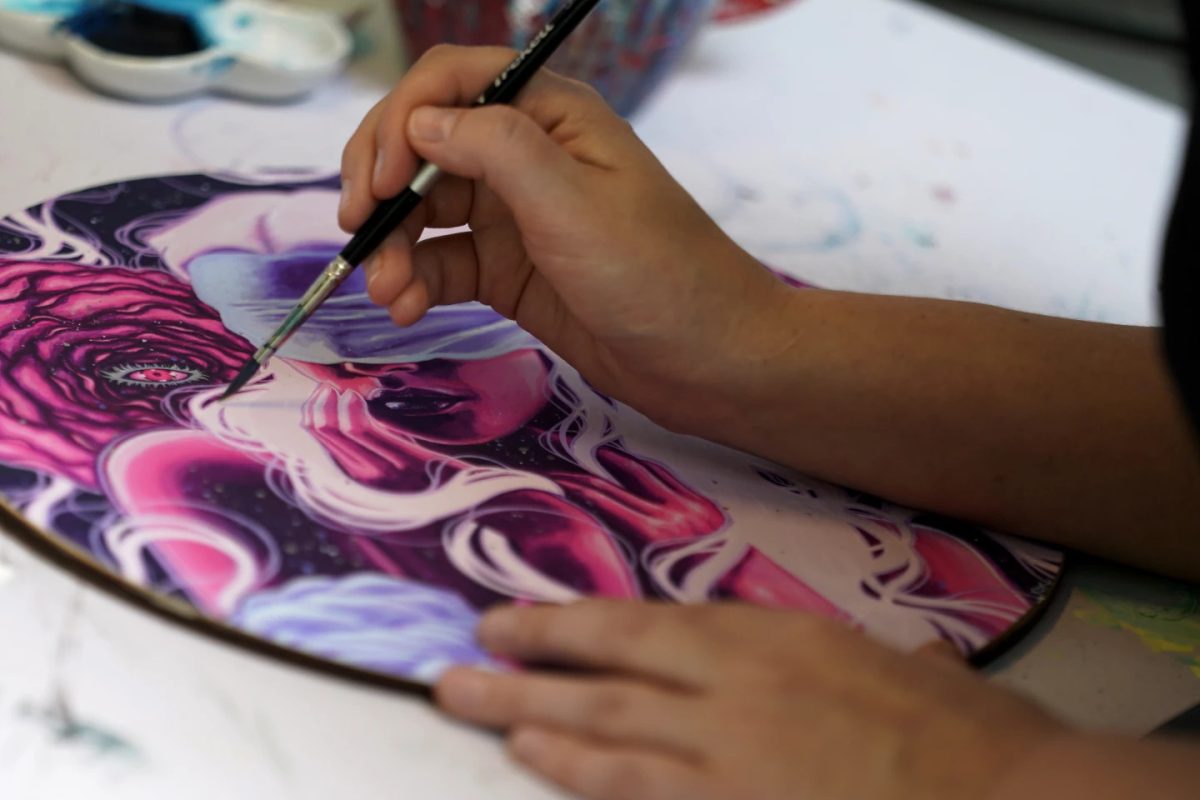In November, London transport authorities decided to revoke Uber’s license to operate in the British capital after many safety issues. This is probably for the best.
Authorities have repeatedly advised Uber to address issues like fraudulent drivers, insurance and safety. According to Transport for London, more than 14,000 Uber rides involved drivers who faked their identity on the ride-hailing app.
Most of the incidents occurred from late 2018 until early 2019 and involved 43 fraudulent drivers, including a few drivers that had revoked licenses. The company’s flawed system gave unauthorized drivers the opportunity to upload their pictures to the accounts of other drivers. Drivers who were dismissed or suspended were able to open new Uber accounts.
Transport for London, which regulates taxi and private hire services in the city, said there was a pattern of failures with Uber, and that the company didn’t meet the “fit and proper” standard needed to obtain a license for operation.
But this isn’t the first time authorities decided not to renew the company’s license. In 2017, Transport for London rejected Uber’s license, but the company persuaded judges to give them a 15-month license to continue. Uber agreed to more government supervision, assured the public that they would implement rules about reporting incidents to the police and even named a new independent board to oversee British operations.
According to Uber, there were also plans to have facial recognition, enhanced safety training for drivers, a button that allowed drivers and passengers to report abuse and a direct line to emergency services to resolve the issue of fraudulent drivers.
The company said it would further improve background checks by creating a new feature for Londoners in which a driver must confirm their identity before using the app. This feature originated in Australia, after a fraudulent driver who used a friend’s account pleaded guilty to raping women.
“We have fundamentally changed our business over the last 2 years, setting the standard for safety in the industry,” the company tweeted after the initial license restriction.
But these measures weren’t enough to mitigate increasing safety concerns and Uber lost one of its most profitable markets. Uber served 3.5 million users and had over 45,000 employers in London, according to the British Broadcasting Corporation. After authorities restricted Uber’s license, Uber’s stock dropped roughly 1.6% in regular trading, leading to a $1.2 billion quarterly loss in November 2019.
London isn’t the only place where authorities questioned Uber’s adequacy. Countries like Germany, Spain, Italy and Denmark have made it difficult for Uber to operate because of potential dangers to Uber users. In 2016, California regulators wanted Uber to shut down its service due to a lack of permits.
That same year, Uber decided to not operate in Austin, Texas, because the city required the company to perform fingerprint based background checks on drivers. The company began operating in the city again when legislators overruled the requirement in 2017.
The loose legislation of Uber in some places allows fraudulent drivers to prey on the young people who predominately use this service. In 2018, there was an incident at the University, where police arrested a man who pretended to be an Uber driver in order to rob students.
The fraudulent driver threatened the students at knifepoint and told them he wasn’t actually their driver when they arrived at their dorms. Luckily, the students were able to get away without harm.
The persistent safety issues surrounding Uber around the world as well as here in Baton Rouge shows the necessity for Uber’s operations to be permanently restricted. Although some places have enforced greater regulation on Uber to prevent future safety incidents, the continuance of incidents in these places shows legislation will not solve this problem. Uber users shouldn’t have to fear for their lives because they paid a supposedly authorized driver to give them a ride.
Unlike London, Baton Rouge doesn’t have good public transportation or many easy alternatives to Uber. However, it’s better to invest in other modes of transport than to worry that you are risking your life.
Jasmine Edmonson is a 21-year-old mass communication junior from Denham Springs, Louisiana.








